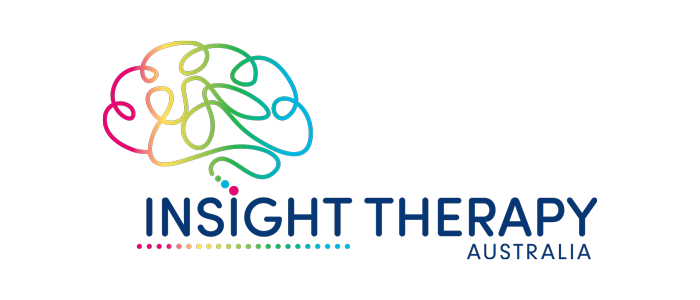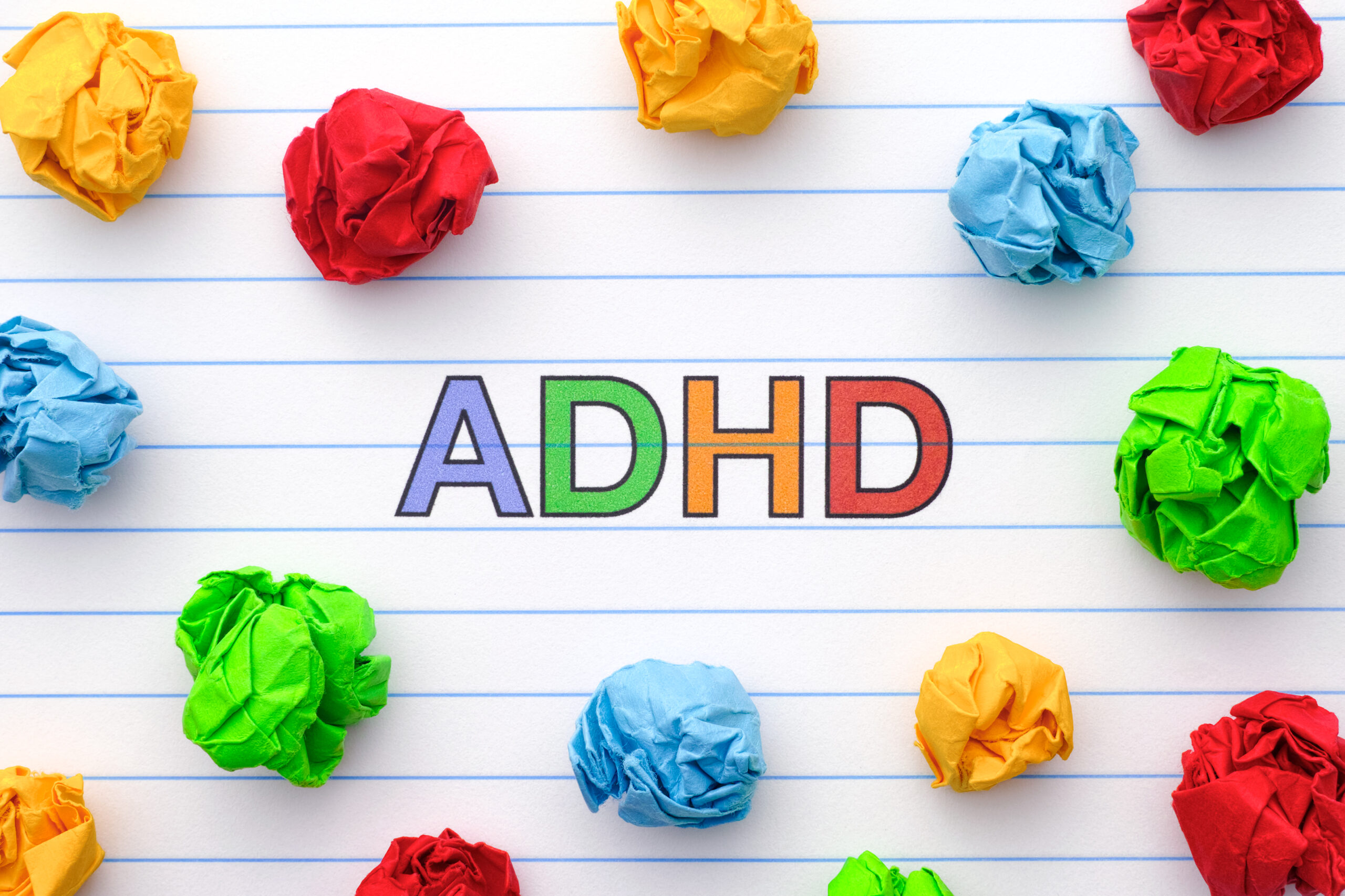ADHD Assessment
We provide assessments for child, young person and adult that assess for challenges related to development, behaviour, emotions and adaptive functioning that may fall outside of developmental ranges or has been observed to impact functioning or learning.
These challenges may relate to hyperactivity, impulsivity, aggression, difficult sustaining attention and concentration, disruptions to learning, and emotional dysregulation.
The assessment outcomes can be beneficial in:
- Identifying and diagnosing behavioural disorders (e.g., Attention Deficit Hyperactivity Disorder)
- Information about current level of developmental or emotional functioning
- Clarify areas of strength and difficulty across different functioning domains and provide insight into the patterns in life that may have found repeating
- Be used to provide recommendations to assist with development, learning and behaviour
- Gaining greater understanding of a unique profile of development, behaviours and/or challenges
- Used in the developmental of individualised intervention or support plans that align with the specific needs to support wellbeing, communication skills, social interactions and daily functioning
- Helps clarify specific areas of strength and need which is important for allowing progress and achieving positive outcomes
- For children, can be used to assist teachers to implement Individualised Education Plans (IEPs) that meet children’s specific learning needs during curriculum planning, special educational placements
- For adults, can be useful for ensuring needs are met in employment through seeking extra support in areas of need
- Accessing government funding assistance and community services
The comprehensive assessment process consists of:
- Diagnostic interview/s (which is a chance for us to meet you and explain the process and answer any questions you may have about the assessment process).
- Obtaining developmental history information and ascertain specific areas of strengths and needs
- Pre-assessment questionnaire/s (this gives us information about behaviours in different environments and highlights any areas of particular need and strengths)
- Assessment’s administration and diagnostic observations to assess behaviour, learning approach, executive functioning and social communication skills
- Multidisciplinary consultations with relevant stakeholders and review of any previous assessments or reports
- Assessment and observation interpretation and reporting
- Written comprehensive psychological report with assessment findings, diagnosis (if appropriate) and tailored recommendations
- Assessment feedback and future recommendations session
- Consideration for differential diagnoses. If required or requested, further assessments may also form part of the assessment process to help gain greater understanding of neurodiverse presentations
Post Assessment Therapy
Our clinical experiences have illustrated the importance of understanding neurodiversity leading us to provide post-diagnosis therapeutic support sessions. These sessions provide indepth understanding of an individual’s unique neurodiversity profile, exploring strengths, areas of difficulty and identifying needs complemented by providing focused practical recommendations linked to specific skill and ability development. Are available in face-to-face and via telehealth

